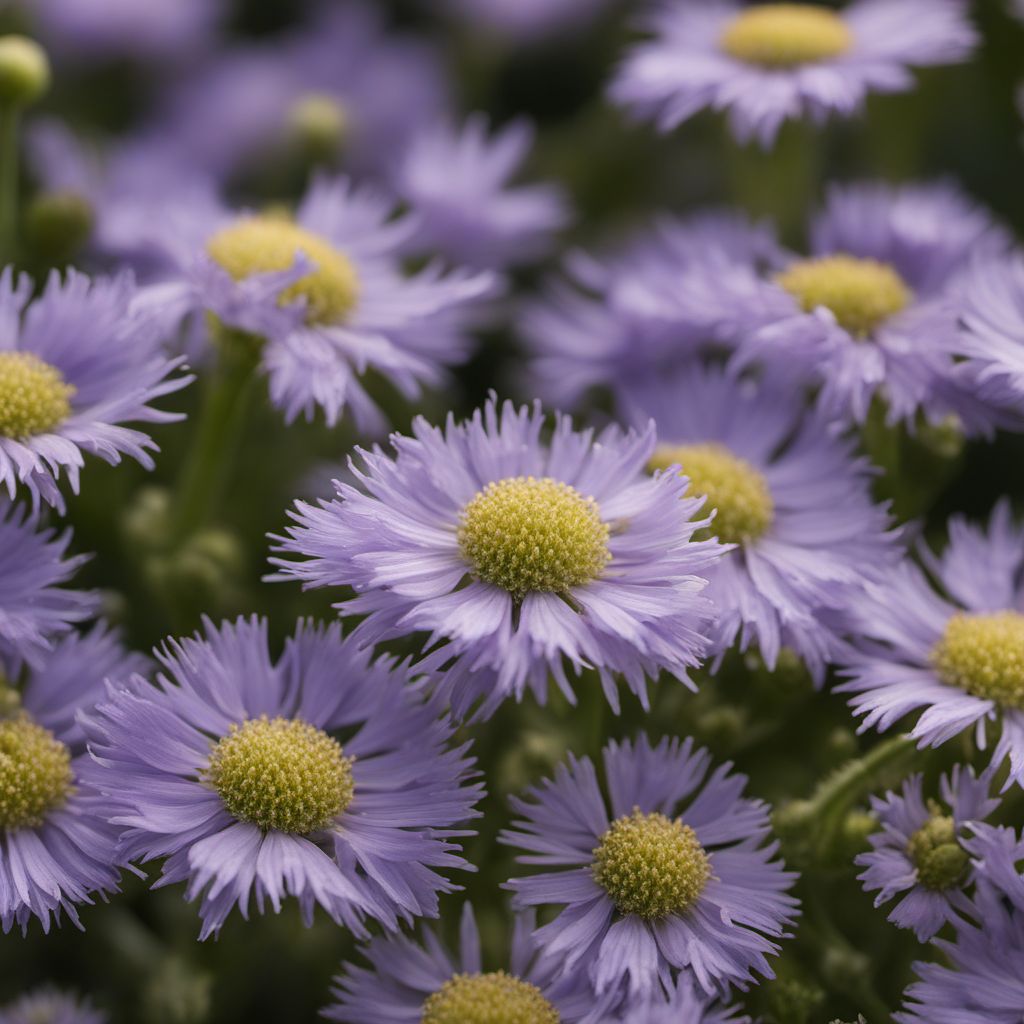
Ingredient
Wild chicories
The Bitter Elegance: Wild Chicories
Wild chicories encompass a variety of bitter greens, including radicchio, endive, and escarole. They are characterized by their slightly bitter taste, crisp texture, and vibrant colors. Wild chicories can range from deep red to pale green, adding visual appeal to salads and other dishes. These greens are often used raw in salads or cooked to mellow their bitterness in sautés, braises, and gratins.
Origins and history
Wild chicories have a rich culinary history that dates back to ancient civilizations. They were highly valued for their medicinal properties and were consumed for their bitter taste, which was believed to aid digestion. Wild chicories have been an integral part of Mediterranean, European, and North American cuisines for centuries. They are commonly associated with Italian, French, and Belgian cuisines, where they are used in a variety of dishes.
Nutritional information
Wild chicories are low in calories and rich in vitamins A, C, and K. They also provide dietary fiber and various minerals, including calcium and potassium. The bitterness of wild chicories is attributed to compounds known as bitter glycosides, which have been associated with potential health benefits, such as improved digestion and antioxidant properties.
Allergens
May cause allergic reactions in individuals with allergies to other greens, such as lettuce or spinach.
How to select
When selecting wild chicories, look for fresh, vibrant leaves that are free from wilting or discoloration. The leaves should have a firm texture and a slightly bitter aroma. Avoid any signs of yellowing or sliminess. Opt for organic or locally sourced wild chicories whenever possible to ensure the best quality.
Storage recommendations
To maintain the freshness of wild chicories, store them in the refrigerator. Wrap them loosely in a damp paper towel and place them in a plastic bag or airtight container. They can be stored for up to a week, but it is best to consume them as soon as possible for optimal flavor and texture.
How to produce
Wild chicories can be grown in home gardens or purchased from farmers markets or specialty grocery stores. They thrive in cool weather and require well-drained soil and moderate sunlight. Sow the seeds directly in the soil or start them indoors and transplant them once they have developed a few sets of leaves. Regular watering and occasional fertilization will help promote their growth and flavor development.
Preparation tips
Wild chicories can be enjoyed in a variety of ways. When using them raw, incorporate them into salads or use them as a bed for other ingredients. Their bitterness can be balanced with sweet or acidic dressings. When cooking wild chicories, sauté them with garlic and olive oil, braise them in broth or wine, or add them to gratins and quiches. Pair them with ingredients like citrus, nuts, cheese, or cured meats to enhance their flavor.
Culinary uses
Wild chicories are commonly used in Italian, French, Belgian, and Mediterranean cuisines. They are often featured in salads, risottos, pasta dishes, and vegetable side dishes. Wild chicories are also a popular addition to pizzas and tarts, where their bitterness adds depth and contrast to the flavors.
Availability
Wild chicories are commonly available in Mediterranean countries, such as Italy, France, and Greece. They can also be found in specialty grocery stores or farmers markets in other regions. Cultivated varieties of chicories, such as radicchio and endive, are more widely available in various countries.
More ingredients from this category
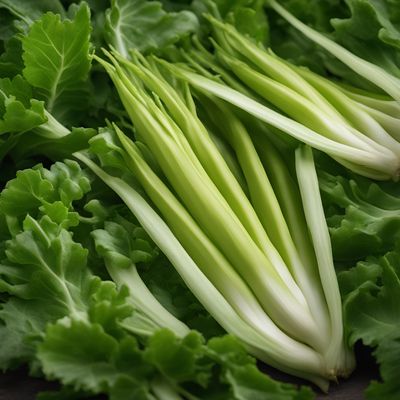
Escaroles
Bitter and Bold: The Versatile Leafy Green
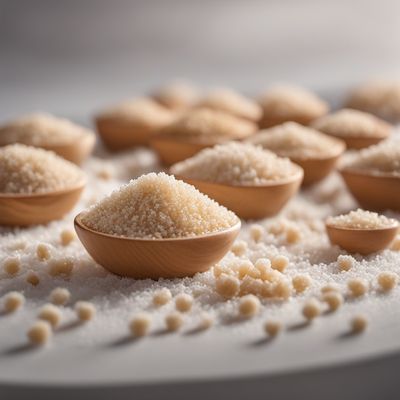
Sugar loaf chicories
Bitter Elegance: Unveiling the Beauty of Sugar Loaf Chicories
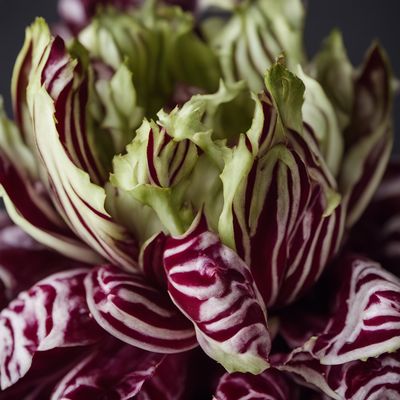
Radicchio
The Bitter Beauty

Dandelions
Vibrant Wild Greens
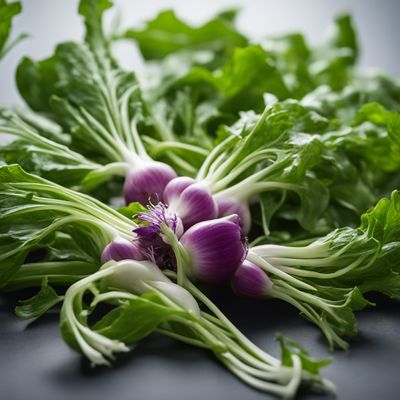
Puntarelle
Crispy Bitter Delight: Exploring the World of Puntarelle
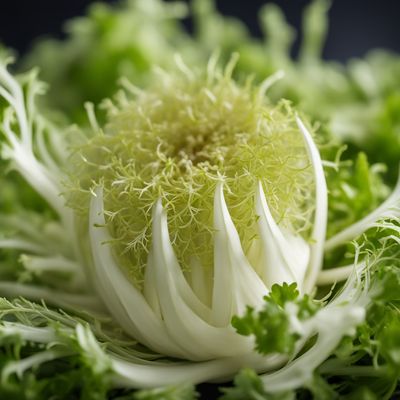
Curly endives
The Elegant Bitter Green
Recipes using Wild chicories » Browse all

Rag Pudding with a Twist
Savory Delight: A Modern Twist on Traditional British Rag Pudding

Chadian-style Tarteletter
Savory Delight: Chadian Tarteletter with a Spicy Twist

Gâteau Basque with a Twist
A Delightful Fusion: Gâteau Basque with a Modern Twist

Czech-style Lampuki Pie
Savor the Flavors of the Sea: Czech-style Lampuki Pie

Plăcintă cu cartofi (Potato Pie)
Savory Delight: Romanian Potato Pie

Komiška Pogača - Traditional Croatian Stuffed Bread
Savory Delight: Croatian Stuffed Bread with a Mediterranean Twist

Cameroonian-style Bean Pie
Savory Delight: Cameroonian Bean Pie with a Twist
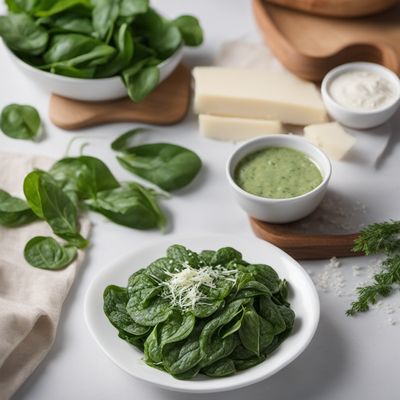
Slovenian Spinach and Cheese Štruklji
Savory Delight: Slovenian Spinach and Cheese Štruklji

Chifa-inspired Potato Pie
Peruvian Potato Pie: A Fusion of Flavors
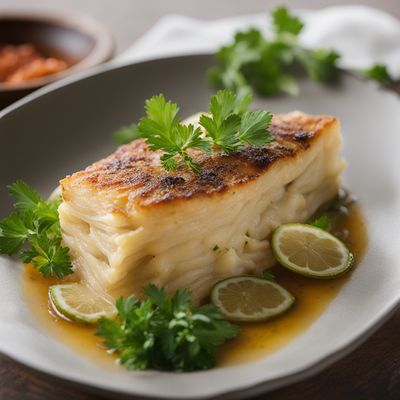
Pampilho de Bacalhau (Codfish Pampilho)
Savory Delight: Portuguese Codfish Pampilho

Sindhi-Style Savory Meat Pie
Sindhi Delight: A Flavorful Twist on Savory Meat Pie

Green Chicken Curry Pie
Savory Delight: Green Chicken Curry Pie